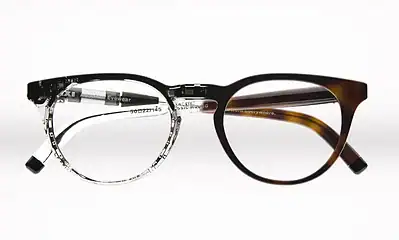News
Ford is imagining a world where your vehicle scans billboards and shows you in-car ads
Ford and the Terrible, Horrible, No Good, Very Bad Idea.

Just a heads up, if you buy something through our links, we may get a small share of the sale. It’s one of the ways we keep the lights on here. Click here for more.
If you already hate the intrusive advertising that the radio in your car spews out, you’re going to hate this patent from Ford. The system uses machine vision to read billboards, identify chunks of advertising, and then display those chunks on your vehicle’s display. Yeah, we thought you’d hate it.
The system uses the onboard cameras that are currently used to read road signs and other actual important information, to deliver things like addresses of the local burger joint into your vehicle’s display without you needing to enter it.
Ford says it could show the products or services offered by the billboard advertiser, or even the phone number or directions to the store. Sounds more than just a little intrusive to me, and it probably opens the driver up to potential threats.
I mean, we’ve seen the full self-driving system in a Tesla be stymied by a billboard with a stop sign image on it. What’s to say this system from Ford can’t be similarly tricked, or even worse, if the advertiser figures out how to make it automatically change your navigation route. It could even be co-opted by carjackers, giving directions to similarly-equipped vehicles to a quiet area where they could be attacked.
Lets hope this one stays in the realm of possibility, instead of becoming an actual product.
Have any thoughts on this? Let us know down below in the comments or carry the discussion over to our Twitter or Facebook.
Editors’ Recommendations:
- BlueCruise is Ford’s new hands-free driving assist system that aims to make driving less stressful
- Tesla admits that the ‘full’ in its Full Self-Driving autopilot is a lie
- GM is going all-in on self-driving vehicles and wants to sell them by 2030
- Volvo will stop selling gas guzzlers by 2030, moving solely to electric vehicles


























